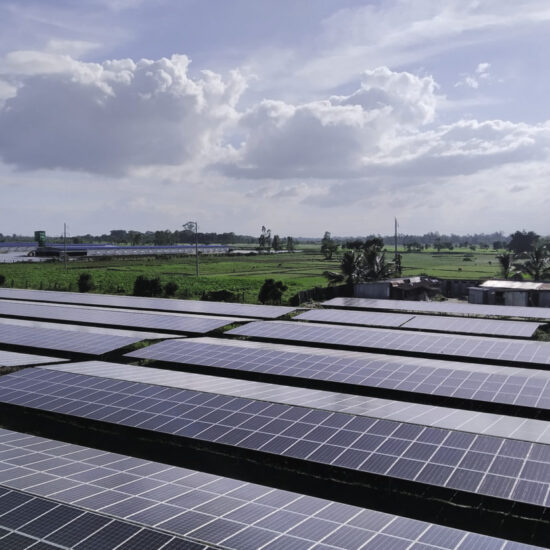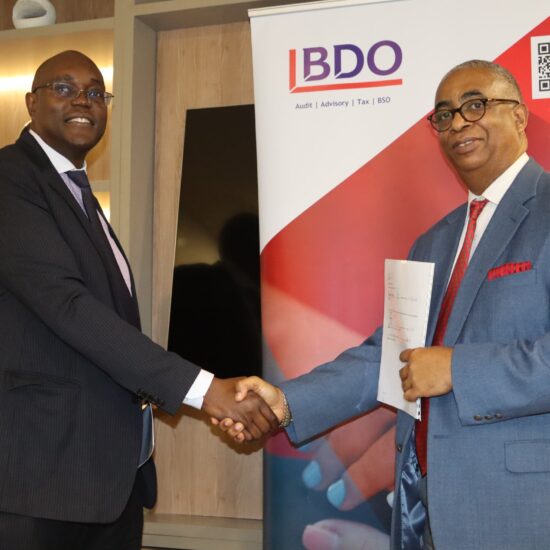
Zambia is currently stuck and can not offload about 70 tons of ivory that is held by the government. The ivory held by Zambia is estimated to be worth about US$105 million using a lower band price of US$1,500 per kilogram.
A surge in demand for ivory in Asia has been the main reason behind the upward trend in prices for elephant tusks, especially from Africa. Over the past decade, the price of raw ivory has gone up from about US$100 per kilogram to between US$1,500 to US$1,800, creating a lucrative black market.
A check with the Ministry of Tourism and Arts by the Zambian Business Times – ZBT revealed that Zambia is still lobbying to the Convention on International Trade in Endangered Species (CITES) for the country to offload its ivory stockpile.
Ministry of Tourism Spokesperson Sakabilo Kalembwe said the ivory is getting weak and the grade or quality is going down because of age, adding that some of the held ivory stock dates back several decades from the time it was confiscated.
In an exclusive interview with Zambian Business Times – ZBT, Kalembwe said that even if we request to sell off all the ivory, CITES cannot allow the country to offload all of it at once because most of the ivory may end up on the black market.
“We cannot offload all of [the Ivory] at once because this will create unnecessary confusion and other countries will say, why has Zambia been allowed?, can we also be allowed to afload all our stocks”, he said.
He also said that the ministry is hoping that the lobbying that the country has been doing through the Non Governmental Organizations – NGOs and various embassies that are around that are affiliated to Zambia, CITES will give Zambia a go ahead to realize value from the stocks held.
And a follow up by ZBT with the Department of National Parks and Wildlife through the Assistant Director for Conservation Management, Andrew Chomba, revealed that the country has between 60-70 tonnes of ivory stocks.
When asked estimate the market value of the ivory, Chomba stated that it is difficult to tell how much it is worth because currently there is no legal trade in ivory worldwide. “What is prevailing now is the black market price and that should not be the basis for us to value our ivory, so it’s a challenge to put an actual price to it”, he said.
Chomba added that if the country is to offload its ivory stocks, a trading partner that will be willing to buy the ivory will have to be identified and then the price will be negotiated and agreed.
When further reminded that the stocks are costing the government and tax payers money to be kept secure, Chomba said that he cannot put an exact figure to how much it is costing the government to secure the stockpile at a secure location, but stated that it is a costly exercise.
To hold the stocks, its a continuous exercise of getting new stocks. “We have to send officers on patrol in the bush to look for dead elephants, be it from natural mortalities or poacher activities. The aim is to collect the ivory, secure it and take it to the headquarters”.
“So the cost of the salaries, cost of transporting it to a secure location is quite significant as well as the security provided and the storage room which must be secured at all times is a massive cost”, he said.
Chomba further told ZBT that it is a challenging process to get where the country will be able to sell the ivory because the proposals should be submitted to CITES at the conference of parties. It is at these conferences were Zambia’s proposal must be supported by two thirds of parties for it to succeed.
Some stakeholders have proposed that Zambia finds a way to leverage and benefit from its huge stockpile of Ivory it currently holds. As things stand, you find that the country is being negatively reported for failing to settle debt obligations when it holds assets such as ivory whose value can not be realized.
Most African countries are in the end forced to burn down these ivory stocks as holding the stockpiles just end up as a costly exercise. This perhaps explains why our economies in Africa continue to lose value over time. Dear ZBT reader, What should the government do with the ivory?







